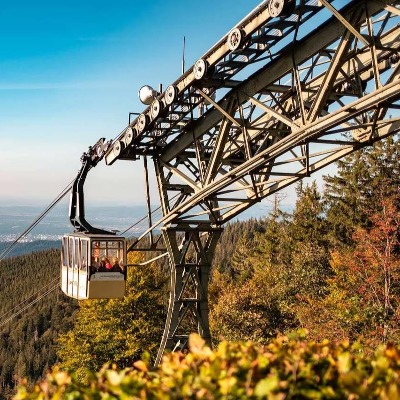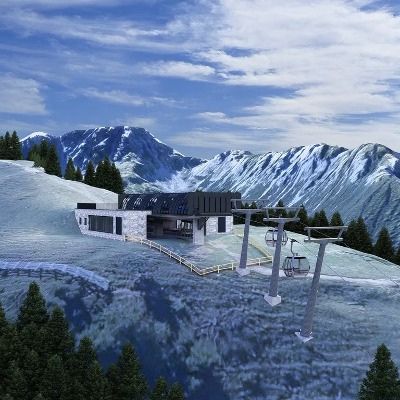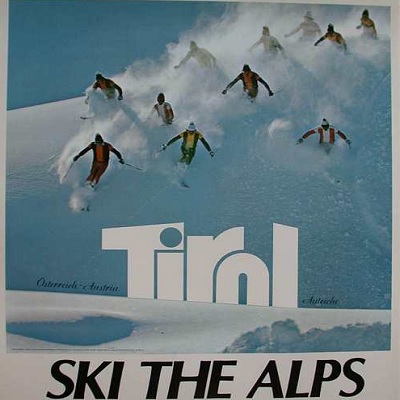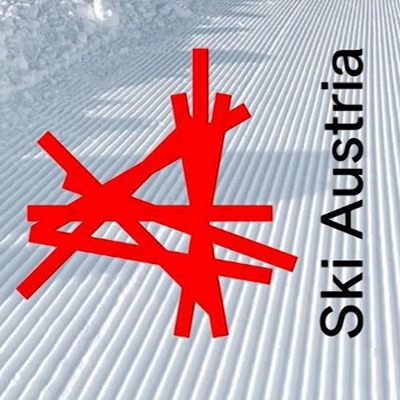An Interview Chairman Of The Tyrolean Cable Car Operators, Reinhard Klier

The chairman of the Tyrolean cable car operators, Reinhard Klier, explains why urban public transport solutions represent a future opportunity for local cable car manufacturers, how the season went and what responsibility the companies are assuming for regional development.
When people think of cable cars, they automatically think of mountains. But cable cars also contribute to urban mobility. Is this a future field for local cable car manufacturers?
Urban public transport using cable cars is gaining importance worldwide. Modern cable car systems offer an efficient, environmentally friendly, and cost-effective alternative for local public transport. They open up a new level of transport, overcome obstacles such as rivers, hills, or densely populated areas, and decouple mobility in cities from conventional traffic problems. This opens up interesting future potential for domestic cable car manufacturers, as urban mobility concepts are increasingly in demand not only for tourism but also for everyday transport solutions.
We're approaching the end of the winter season. How is the cable car industry currently doing?
We don't expect any new records this year. Due to the late Easter date and significant regional differences, growth will be moderate. However, considering the generally tense economic situation, we can be more than satisfied with this stable development. The desire for skiing and winter holidays remains undiminished.
And the summer?
More and more ski resorts are striving to achieve year-round operation by offering activities for families and athletes. Summer isn't just about climbing to the summit—it's about experiences, enjoying nature, family attractions, and sustainable tourism. Through well-thought-out concepts with adventure parks, themed trails, and bike trails, we manage to achieve high visitor numbers even in the warmer months.
What role does climate change play?
Ski resorts responded to these challenges early on and made adjustments. We are also investing heavily in glacier protection. Of the 600 glaciers in Tyrol, only eleven are used for tourism. One thing is clear: skiing on glaciers has no direct impact on their retreat. The increased melting is not only occurring on glaciers with skiing operations.
Sustainability is a major issue in the industry. What concrete steps are being taken to address this?
Sustainability in the cable car industry means integrating innovative, environmentally friendly technologies and using resources efficiently. It involves minimizing emissions, using renewable energy, and working closely with local agriculture.
What importance does snowmaking have for the industry?
Snowmaking is a central element of ski management in Tyrol. There are a total of 898 cable cars and approximately 8,929 hectares of slopes – 72% of which can be artificially covered with snow. Thanks to modern technologies and precise snow depth measurements, not a drop of water is wasted, and 90% of the energy used comes from renewable sources.
What does the industry have to prepare for in the future?
Energy, construction, financing, and personnel costs have risen massively, significantly impacting pricing. Despite these challenges, mountain sports and recreation remain attractive in Tyrol – both in winter and summer – especially for families, thanks to carefully priced packages and affordable family offers.













